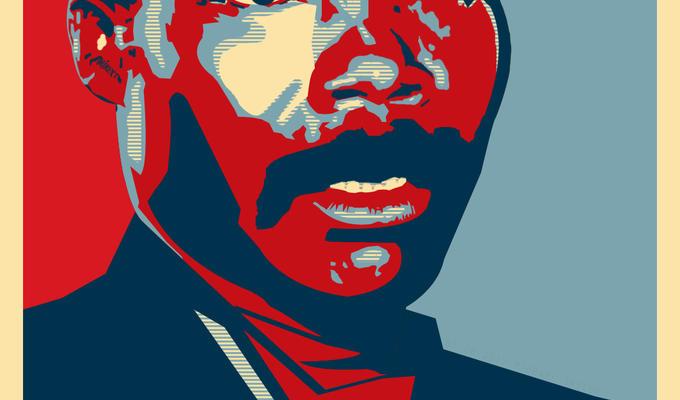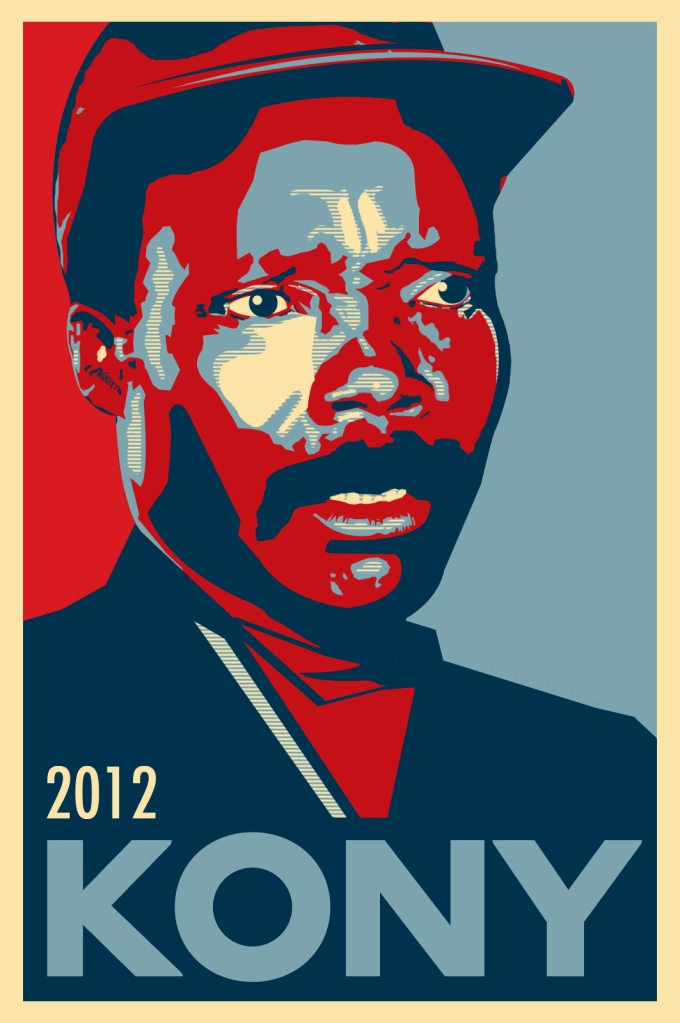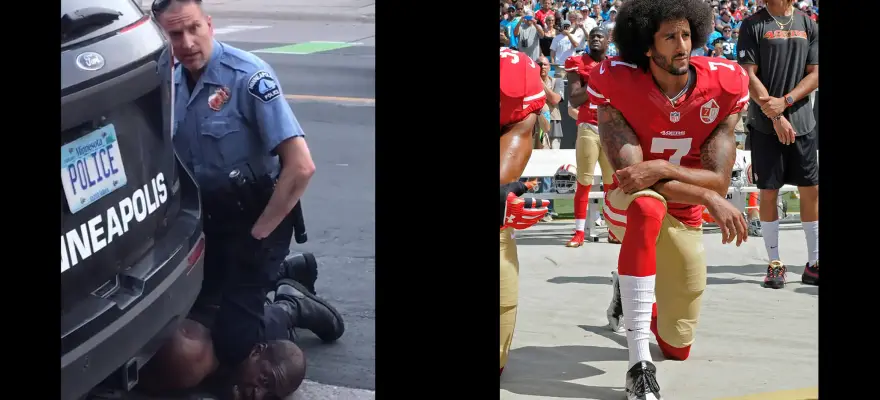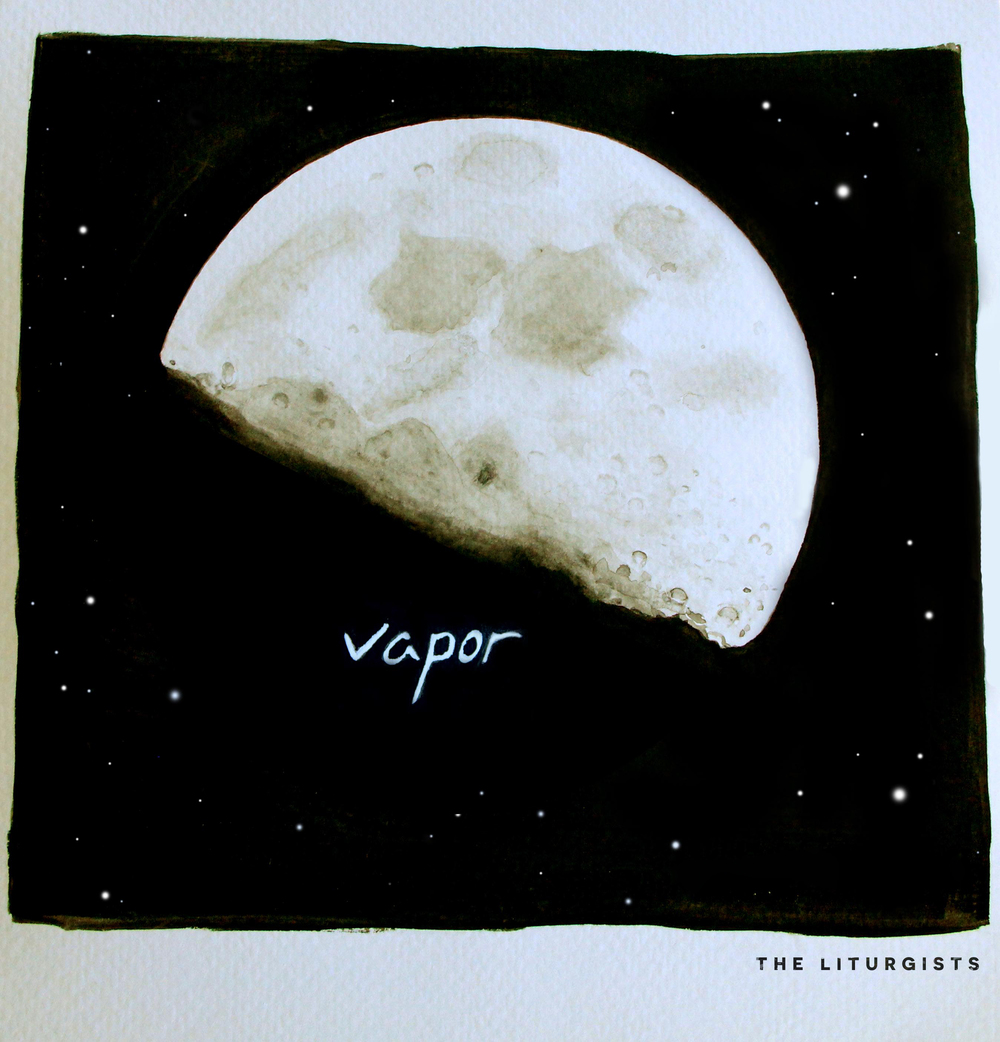Last year a new Hellraiser movie was released. It struck me when watching it how little it affected me compared to when I watched the original, years ago.
Whenever exactly that was, I’m not completely sure. But I do know that it was at a time where if at least I didn’t believe in a literal hell, the remnants of a fairly typical Christian upbringing that taught that Hell was a very real place where millions of souls will spend eternity being tortured and punished, still existed somewhat in my mind.
Perhaps age also has a role to play but the imagery of people being taken specifically to be tortured in unimaginable ways for all eternity doesn’t have the same hold over me, as it once did.
I’m able to separate from what I’m viewing in a movie from any idea of reality because the idea of a literal hell in the afterlife is so far from what I believe now that, while still gory and dark and definitely not for everyone, I’m able to view Hellraiser for what it isn’t. A documentary.
Actually, it has much more to say to me about faith and spirituality, than any sermon or Christian book about Hell, ever could.
This is the time of year is generally when Christians have the most difficulty dealing with themes of horror or spiritual darkness. While growing up Halloween wasn’t a particularly big part of my culture, I’ve encountered much more resistance to the idea of Halloween since moving to the US. Not surprisingly, from Christians.
While considering why this is, I realized that perhaps the landscape I was raised in Northern Ireland in the late 80’s and early 90’s contained enough real life horror.
Still, both the US and NI have prominent conservative, fundamentalist Christian beliefs that intersect some of the political ideologies. These beliefs have at their core, the fear of the other and groups and individuals who are different to them.
It makes a lot of sense though that we can be fearful of anything we don’t understand because not only does it affect our worldview and possibly show that we may be wrong, but when our beliefs are so hugely important to our identity, then anything that we may perceive as threatening to those, is also naturally a threat to who we are.
So we often double down and instead of being open and confident in our beliefs, our fear of others’ with differing beliefs perhaps on some level reminds us that we may not be completely confident in our beliefs. And in extension, ourselves.
And this, at this time of the year, is no better demonstrated in our fear of Halloween.
One of the common fears I remember hearing from a young age, in resistance to Horror or Halloween or anything that was deemed Spiritually dark, was the idea that engaging with any of these things had the potential to let darkness in. To even, allow the demonic to breakthrough into our lives. What this entailed exactly, like so often when we are told to fear something, was never fully explained. But it sure did seem serious enough to be concerned about.
The issue that eventually arises, no matter which way you look at it, is that a fear in the Spiritually dark, for a Christian, relays pretty huge cracks in our belief system. A belief system that so often focuses on the power of God, a God that “through him all things are possible”, a God that is not only capable of beating death, but actually, depending on who you ask, physically and historically has done so. A God that, if we spend time with every day, preferably first thing in the morning, will set us up for success and a Holy life.
A God though it appears, that is utterly powerless to the dark powers that will propel out of our tv screens, while we watch Hocus Pocus 2.
The most horrifying thing to most Western Evangelicals is not however, demons or ghosts or dark spirits entering our minds through movies, but doubt.
Doubt that the God we follow is not actually as strong and powerful as we claim. Because, while I’m sure it would be better if we didn’t have demons running our lives, if we truly believe in the power that we say God holds, we should certainly be safe.
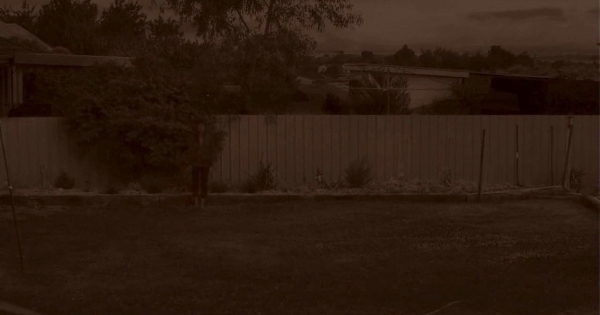
But for most, deep down, we don’t really believe this.
There is an interesting crossover here between the idea of God as Father and the relationship we have with our parents or caregivers.
With the people that raise us and provide all the nourishment and love that we need to be a healthy person, there are often times that we may feel that is threatened. Times when we act in a certain way that contradicts how “we’re meant to behave in this family”, can bring shame that can cause us to bury this part of us.
We do this in a huge part because we are afraid of being rejected by our family, by our caregivers, the ones we rely on for everything we need to survive. It doesn’t really matter if that family may be abusive because they may still provide us with the only identity we know.
This is also a universal experience we all have and not just of any particular religious upbringing. But the things about ourselves that threaten or put us at risk of not being accepted only get buried deep in our Shadow selves.
I believe something similar happens to Christians when we start to question or doubt certain beliefs that have traditionally in their family or community, been held as true and unchangeable.
When as Christians we boycott certain Holidays or festivities like Halloween, what we are really doing is exposing where our beliefs really lack. By leaning into where we believe darkness really exists, and it’s not a Horror movie, we show that we don’t truly believe, not in a real way, that God is powerful enough to conquer evil.
And since this would be a threat to our belief system and to our identity and ultimately to the acceptance we may feel in the church, we aren’t prepared to face those doubts head on.
Which if we were just a little willing, may give birth to beliefs that do actually work.
It’s not so much that the Holy Spirit or God or however you wish to describe the Divine doesn’t have the ability to have power, it’s that we don’t truly believe it.
My friend Seth describes belief as not something you need to prove. When you view your beliefs, are they true? Do they work in real life?
There are two approaches to this question if the answer is no.
The first, that many of us have experienced is to be told that we need to believe more. We need to lean in more to God and his power. God is not lacking; somehow we are in our efforts.
Is this true? Well for most of us who have heard this, we have spent our whole lives immersed in Christian belief and church and that often doesn’t make a difference.
And to that, they may have a point. Except it’s not that we don’t believe enough but that we believe too much. Or more accurately, we’re too invested in our belief that we fail to see how it may not be helping us; hurting us even. Because if we claim to believe in a God who is in control and is no match for anything dark but do not experience that freedom, then something is amiss.
Perhaps the disconnect is not so much in our insufficient efforts to “believe”, but in our insufficient efforts to question our beliefs. Like we’ve already discovered, we could be afraid to question those beliefs because if we find that they don’t help us or help us live with joy or love, then it is safer to just disavow our doubts so that we can maintain the illusion that we are experiencing something we’re clearly not.
And this is where Horror comes in. Because Horror offers us an opportunity among many things to sit in tension with fears of the unknown lurking in the corner of shadowy shots or in built up dread. Sitting with this uncomfortableness can act as a literal physical but also metaphorical example of being ok with things we don’t understand.
It may not be the scariest movie of all time (talk about heresy) but certainly there is a very strong argument for the Exorcist as the most famous horror movie of all time. It has a lot to say about the idea of doubt in faith and where that leaves our faith.
A young girl is possessed by a demon. This is of course truly terrifying but what makes it so terrifying is she is vulnerable and even for someone so innocent, the devil can still get in. It doesn’t matter that there are priests involved, it seems God is no match for the devil.
So is this why we are so resistant against Horror movies? Because they show us something that we don’t really want to admit may be true? That our God isn’t as strong or resilient as we would like to think? Or that they are but we don’t fully believe this?
I don’t love Horror movies and Halloween because I’m not easily sacred or able to view creepy or viscerally frightening images more than anyone else. I’m the one that will jump before anyone else and I’m the one who will not be able to get the movie out of my head for days. I watch Horror movies because it’s exciting. My heartrate increases, I sink into my chair, I will have my hands ready on the remote to fast forward.
It makes me feel alive. And ultimately it is safe. Because regardless of how terrifying my experience is watching a Horror movie when it is done I am able to turn on the lights. I am able to explore social issues and deeply human emotions like grief or anger in ways that allow me to feel truly alive while doing so.
This is what Horror has to teach Christians about life and ultimately being afraid is ok. Because if we have doubts about God or faith and we don’t explore them openly and honestly with at the very least ourselves, then they become buried and that may be the scariest thing of all.
